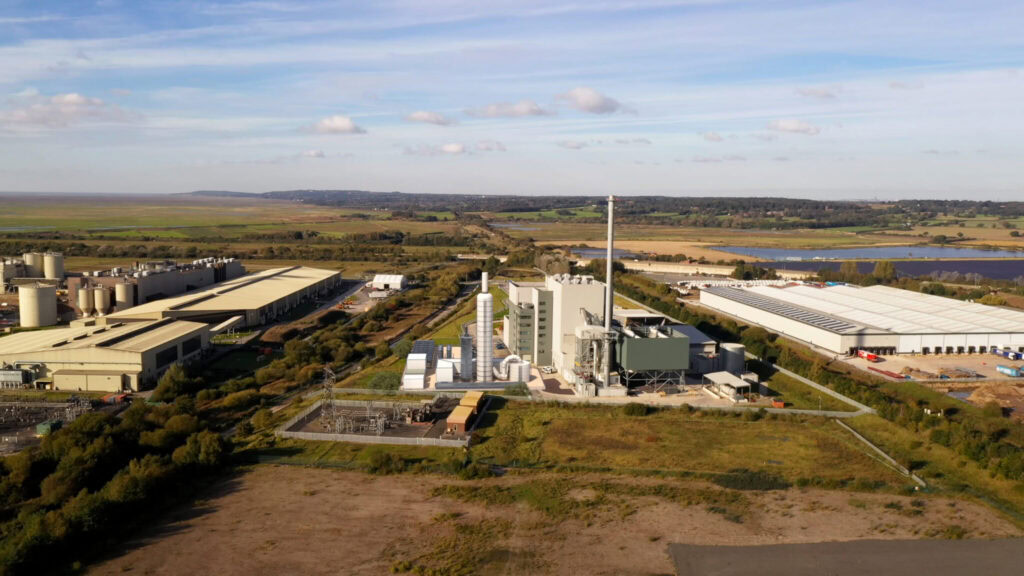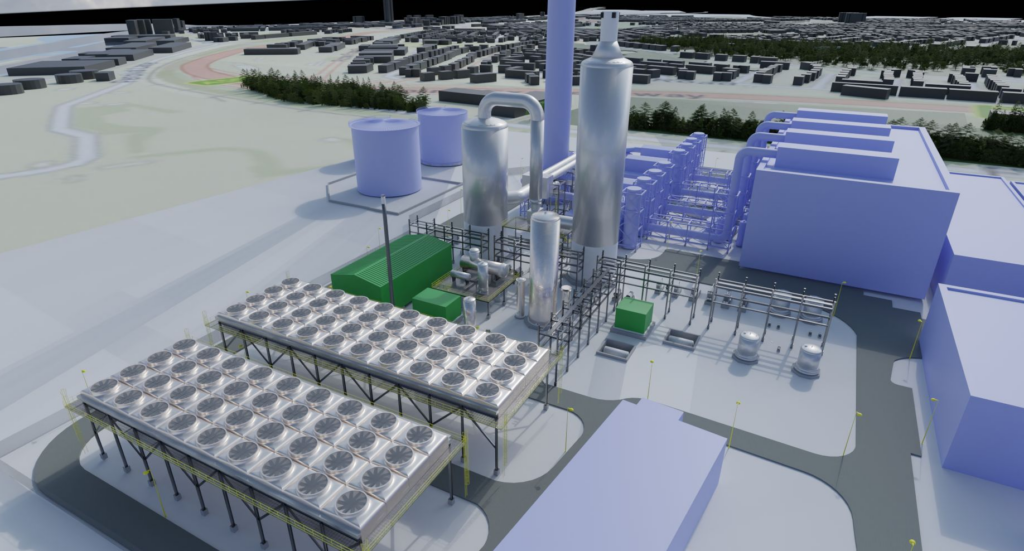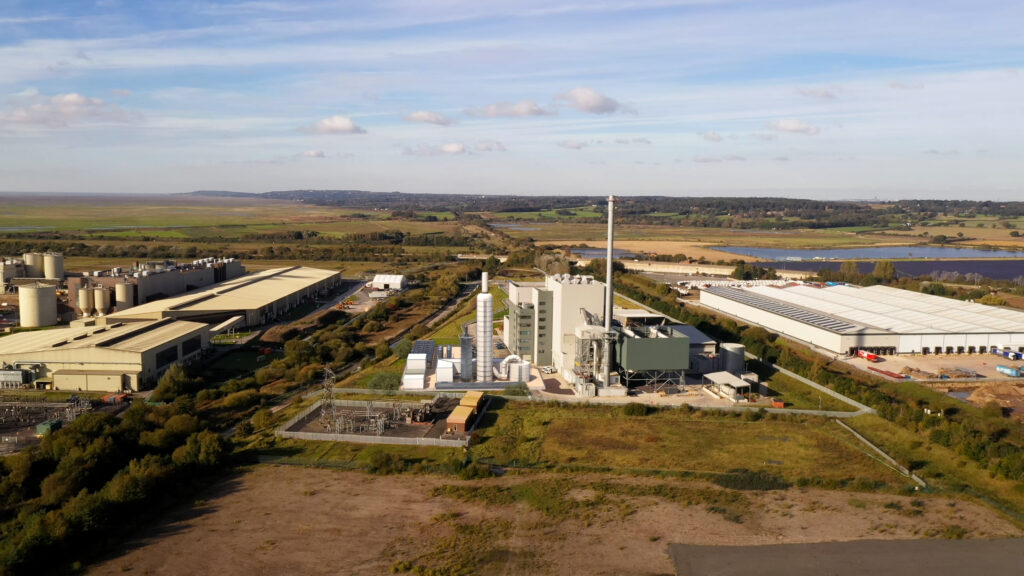The Department of Energy and Climate Change (DECC) announced several changes to the RHI for commercial, industrial and community organisations following the end of a consultation in September 2012 on improving the scheme.
Waste-to-energy technologies benefitting from the RHI are primarily plants using anaerobic digestion (AD) to dispose of organic waste, as well as facilities burning waste wood (including biomass plants) and energy from waste facilities.
In its announcement of the changes to the scheme, DECC said the RHI was essential to help us meet our legally binding renewables targets and is crucial as we move towards our goal of reducing our carbon emissions from heat.
Among changes announced by DECC is the introduction of a degression-based approach to control the budget of the scheme, which will mean that tariffs available to new applicants for incentives will be gradually reduced if the uptake of the technologies supported under the RHI is greater than forecast.
As part of this, quarterly updates on the uptake of technology will be published online with one months notice given before any reductions are made to the tariffs for new applicants. DECC also intends to consult on tariff changes in the spring before reviewing them again in 2014 and 2017.
However, ADBA chief executive Charlotte Morton said further tariff reviews and possible resulting changes were a clear risk to investors certainty and that the RHI scheme needed the chance to bed down so that developers can get projects off the ground.
She called for preliminary accreditation to be put in place as this would guarantee to investors that the tariff available at the time of application would be available to the scheme on the commissioning of a project. Such a scheme was considered in the consultation but decided against in DECCs announcement on Wednesday.
“We are concerned that today’s announcement does not give developers the certainty they need.”
– Charlotte Morton, ADBA
Head of renewables at chartered accountants Saffery Champness, Shirley Mathieson, also said it was a shame that the government had decided against using pre-accreditation, as such a measure would have given investors far more certainty and confidence in investing in this sector.
Mrs Morton said she was pleased the government had published its response to the RHI consultation, but added: We are, however, concerned that todays announcement does not give developers the certainty they need. With tariff degression in place, preliminary accreditation is important and it is disappointing that it has not been brought in at this point. Further scheme reviews are a clear risk to certainty, and we believe the RHI instead needs to be given the chance to bed down so that developers can get projects off the ground. We look forward to working closely with government to resolve these points.
RHI Changes
Other changes to the RHI announced by DECC include sustainability requirements for new and existing biomass installations, requirements for air quality, and the simplification of metering requirements.
The biomass sustainability requirements changes will mean that in order to be eligible for the RHI, biomass installations will be required to demonstrate, either through reporting or sourcing from an approved supplier, that their biomass meets a greenhouse gas lifecycle emissions limit target.
Air quality requirements to keep emissions within specified limits will also apply to all solid biomass installations which burn biomass, although this will to all new installations only.
Requirements for metering are to be simplified in order to move more RHI applications into the simple category those which only need one meter and to introduce more flexibility into the complex category to avoid redundant meters being installed.
The changes to air quality and metering will come in to force by autumn 2013, subject to parliamentary process.
In DECCs response to the consultation today, it said it had received more than 1,300 applications and expects to make around 24 million-worth of RHI payments this financial year.
Announcing the changes to the scheme, DECC minister Greg Barker said: I am fully committed to ensuring our Renewable Heat Incentive helps as many organisations as possible get on board with a range of exciting sources of renewable heat, and at the same time stays within its means. Thats why we are introducing a new, flexible way to control spending, alongside some further improvements to the scheme.
He added: We are also continuing to explore whether the tariffs we offer are set at the best levels to encourage further uptake, looking at how we can open up the scheme to new technologies, and considering the right approach to encourage householders to invest in renewable heat.
The government said it intends to publish its response to September consultations on Air to Water Heat Pumps (AWHPs) and Energy from Waste and Renewable Heat Incentive: Expanding the non-domestic scheme later in 2013.









Subscribe for free